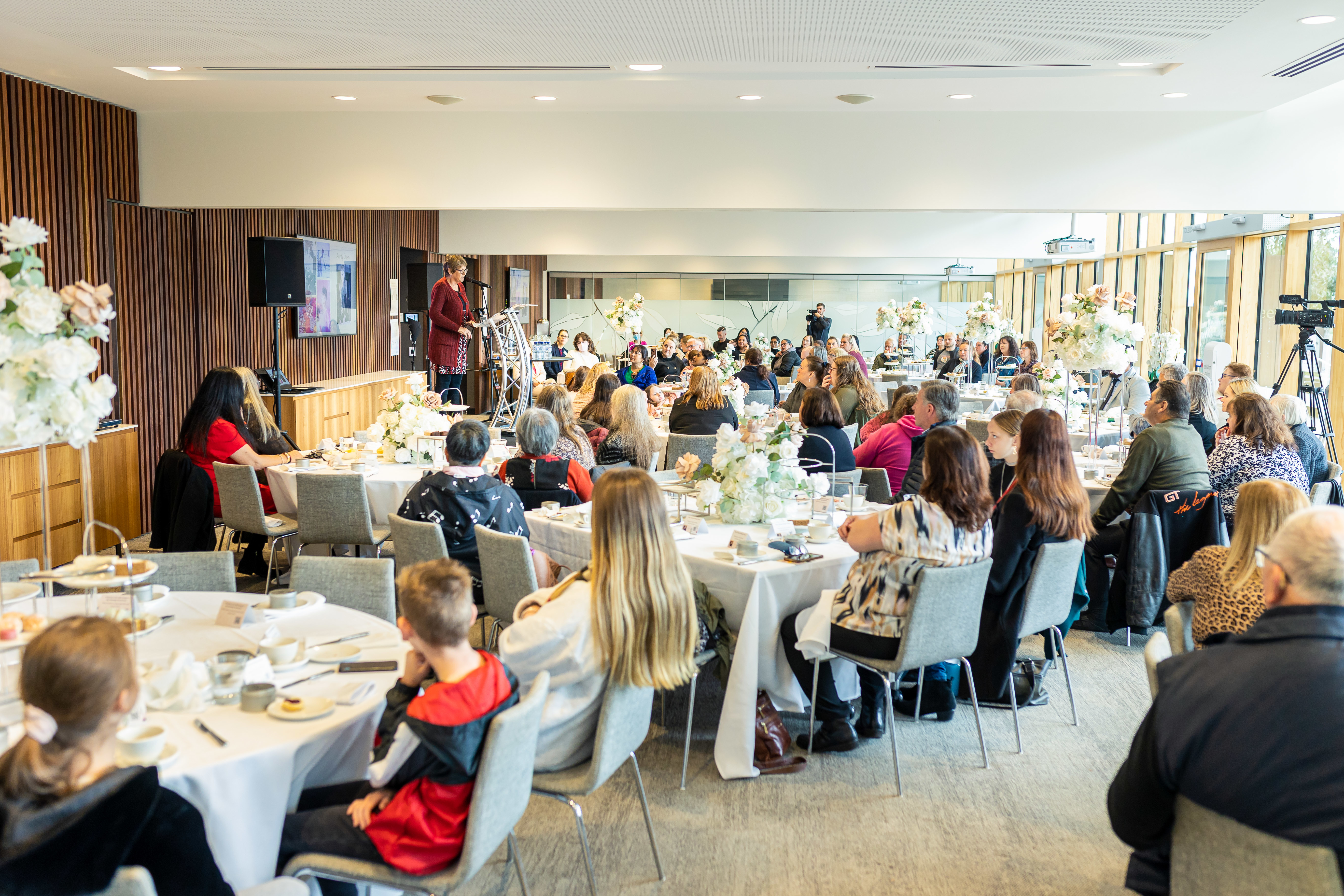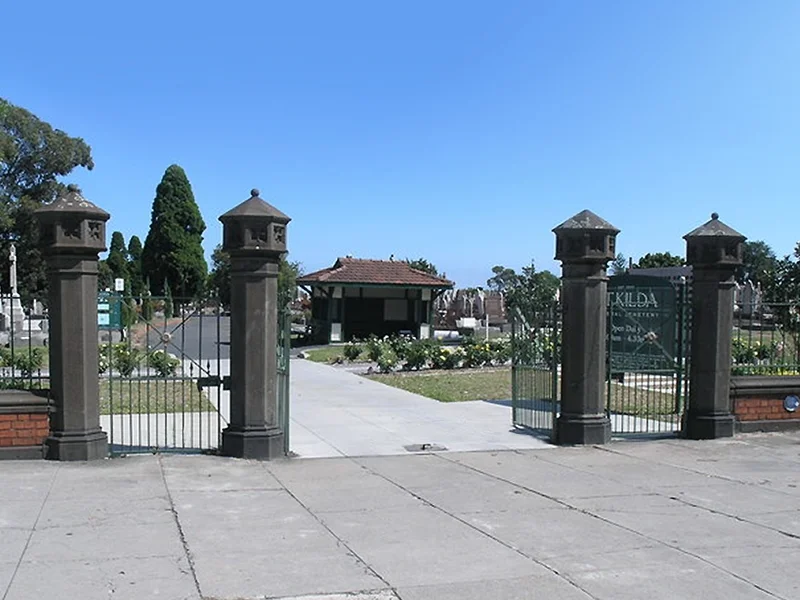A feast fit for a ghost. How much do you know about the Hungry Ghost Festival?

The Hungry Ghost Festival stems from both Taoist and Buddhist traditions, dating back around 2,000 years. During the festival, rituals are carried out to feed and honour the passed who are believed to return to roam the earth.
For the entire seventh month of the lunar calendar (which falls from Wednesday 19th August to Wednesday 2nd September this year), the living embarks on a journey to remember their deceased relatives as they return to roam our realm.
To learn all about this fascinating tradition, we caught up with Peggy Page, member of the SMCT Community Advisory Committee.
From one generation to the other
“I grew up in a traditional Chinese family in Malaysia. Beliefs and traditions were handed down by older members of the family and followed closely by us all.
During my childhood, we celebrated the festival at home. On night 14, we would pray with candles and joss sticks out the front of our house. These joss sticks were made with joss paper, also known as ghost or spirit money, that are commonly burned in traditional ceremonies such as this. During the lead up to the 15th day, we helped my mother fold gold, silver and other brightly coloured joss papers - the coloured papers represented colourful clothes, and they were burned as a symbolic offering to the deceased. Food was also presented as an offering.
Those who followed the tradition would burn things that the deceased owned while they were alive. This was in the hope they could enjoy these items in their new realm. In modern Malaysia, one can buy all sorts of things to burn for the deceased - some might even buy a Louis Vuitton handbag for their mother. At the end of day 15, the ghosts are thought to return to their homes.”
A time for reflection
“The seventh lunar month is seen as a time when ghosts are released from hell and set free to roam the streets. It was a feared time and as children, we were warned not to go out at night during this time as it was considered a time when accidents could happen. Now, with a deeper and more evolved understanding of the festival, my view is that it is a beautiful time for the living to remember those who have passed. It is also a time for reflection, which gives me a deeper understanding of living.”
Keeping traditions alive
“Here in Melbourne, the temples of the Mahayana lineage host big celebrations during this time. Names of the deceased are written onto a memorial paper tablet and arranged in rows, sometimes including as many as a thousand names. The festival goes on for two to three days, complete with chanting by monks, nuns and festival attendees. Food offerings continue to be a tradition observed in Melbourne during this time.
Celebrations in South East Asia are similar, sharing the belief that it is very important for our ancestors to be happy. When they are happy, it is believed they will bless us with good fortune.
I believe the Hungry Ghost Festival is a great time for us, the living, to remember and reflect on what our ancestors have done for us. Without them, we would not be here today. It is also a time to reflect on the fact that once they leave us, all we have of them are memories, and these need to be treasured.”
Your Hungry Ghost Festival questions answered
Where did the Hungry Ghost Festival originate from?
The Hungry Ghost Festival originated from the story of Moggallana, one of Buddha’s disciples who, after visiting his mother in hell, was able to liberate her and end her suffering.
The story of Moggallana is used to demonstrate the importance of honouring parents with this virtue extending to distant ancestors and deceased relatives.
Taking place between the first and 15th day of the seventh lunar month, people believe that the festival represents a chance to free passed away relatives from the hell realm. Those who are released from hell are thought to be very hungry, with festival participants offering an abundance of food and prayers to help ensure a successful rebirth.
How does one participate in the Hungry Ghost Festival?
Those observing the Hungry Ghost Festival may participate in several traditional activities including:
- Practising vegetarianism for a few days or the whole seventh lunar month
- Organising a large puja ceremony (a food offering for the hungry ghost realm)
- Burning paper money, silver, gold and model houses as a gift to those passed
- Reading the Kinh Vu Lan or Dia Tang Bon Nguyen
- Visiting parents
- Visiting temples where passed relative tablets were enshrined
- Dancing (as observed in Japan, celebrating Obon)
- Participate in charity work as it is believed this good merit transfers to passed relatives
- Paying a visit to older members of the community
Where am I most likely to see communities observing this tradition?
This festival is commonly observed by Buddhists and non-Buddhist communities who live in the North and South-East Asia. This festival is widely celebrated and often goes beyond religious context.
This festival encourages people to extend their love to their parents, to reach out to other people and by assisting other people to overcome their suffering due to their wrongful past actions.
We understand the added distress social distancing restrictions are placing on families at this time. While visiting loved ones during this time of celebration is not an option for most, we are here to ensure your valued traditions are upheld.
Our Springvale Botanical Cemetery and Bunurong Memorial Park florist teams are providing contactless flower delivery, and pick up services are also available. Personalised graveside deliveries can be ordered via phone or online store and delivered across Springvale Botanical Cemetery and Bunurong Memorial Park.
For more information on our ground and current restrictions, please visit our COVID-19 Information Page.





